Lots of things change over time, and while some friend groups stick together through it all, the dynamics might inevitably change, too.
Forthis redditor, things started shifting when her friends started having children. The group grew bigger and bigger and the OP—the only one without kids—was expected to go with the flow, which entailed covering part of the children’s expenses. But when she asked her friends tomake accommodationsfor her, the group wasn’t willing to.
Many things can change in life, but friends tend to stick together through thick and thin

This woman was expected to cover the expenses of her friends’ kids, but the friends refused to accommodate her dog
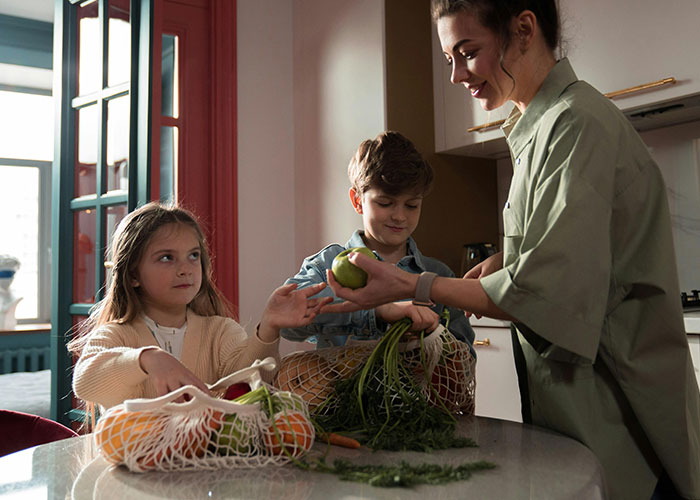
Image credits:Ron Lach / pexels (not the actual photo)

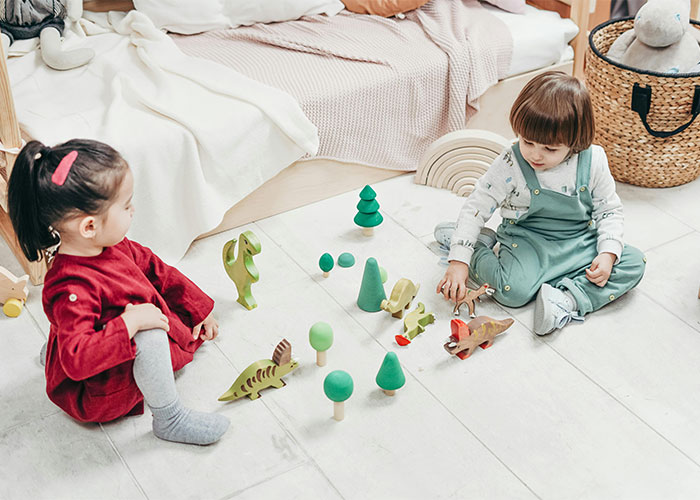
Image credits:cottonbro studio / pexels (not the actual photo)

Image credits:KATRIN BOLOVTSOVA / pexels (not the actual photo)
Image credits:Pinkbunny1988
With more responsibilities falling on their shoulders, people might not have as much time for their friends as they used to
Data shows that even teens limit the amount of time they spend with their friends due to certain obligations. According toPew Research Center, roughly 40% of teens in the US admit they are too busy themselves, while roughly a third say that their friends are the ones who don’t have that much spare time.
When it comes to adults, a common reason they can’t make as much time for their friends is coupling up or welcoming abundle of joyinto this world. While it doesn’t mean they care for their friends any less, both scenarios typically entail having to make changes in the way they devote their time.
But, as the OP’s story shows, children affect more aspects than the time spent together, which can sometimes become a cause for disagreements; especially when not all friends are in the same boat. Nowadays, it’s likely to be the case quite often, as women tend to have children at various ages and quite a few of themchoose not tohave them at all.

Image credits:Pavel Danilyuk / pexels (not the actual photo)
Some women choose to have children later in life than females used to or not to have them at all
Daily Mailreported that just a couple of years ago, in 2022, for the first time ever, more than half of women over 30 were childless; in the UK, at least. For comparison, as much as 82% of women born back in the 1940s had at least one child before turning 30.
As for women who do not have kids for one reason or another, based on2020 datafrom the US, the number stood at nearly 39% for women aged 30 to 34 and close to 22% for those between 35 and 39 years of age.
As a matter of fact, the number of people not expecting to have children in their lives has reportedly been on the rise. Pew Research Center’s2021 studyfound that there has been a 7% increase since 2018 in non-parents who say they are not too or not at all likely to have children someday.
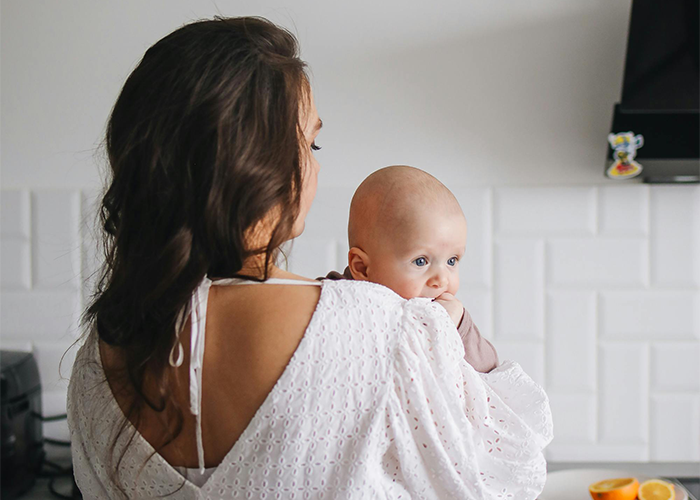
Image credits:Polina Tankilevitch / pexels (not the actual photo)

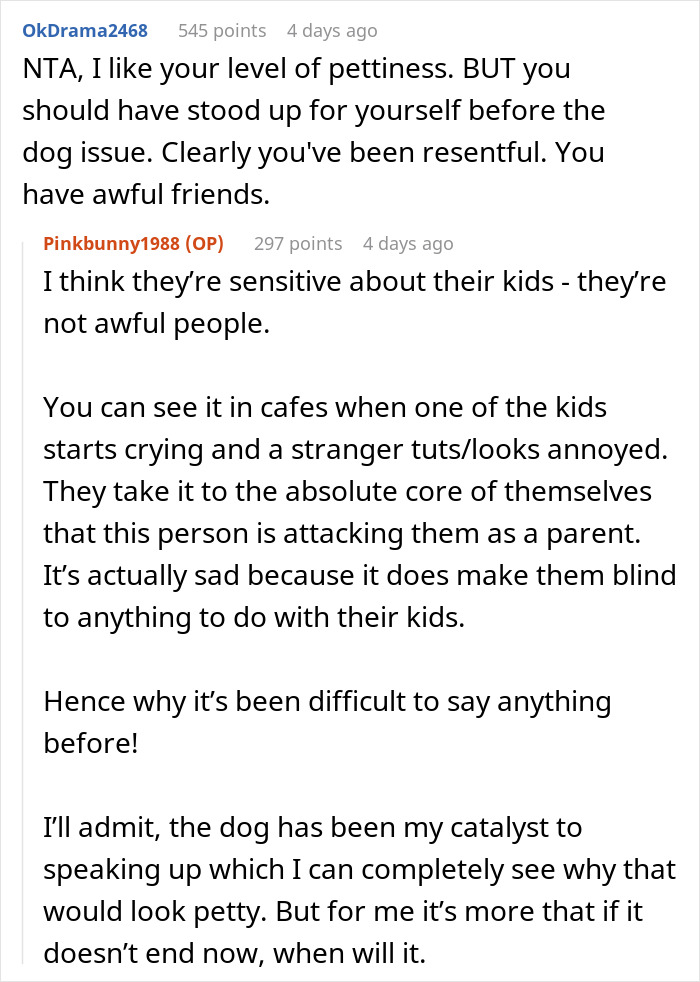
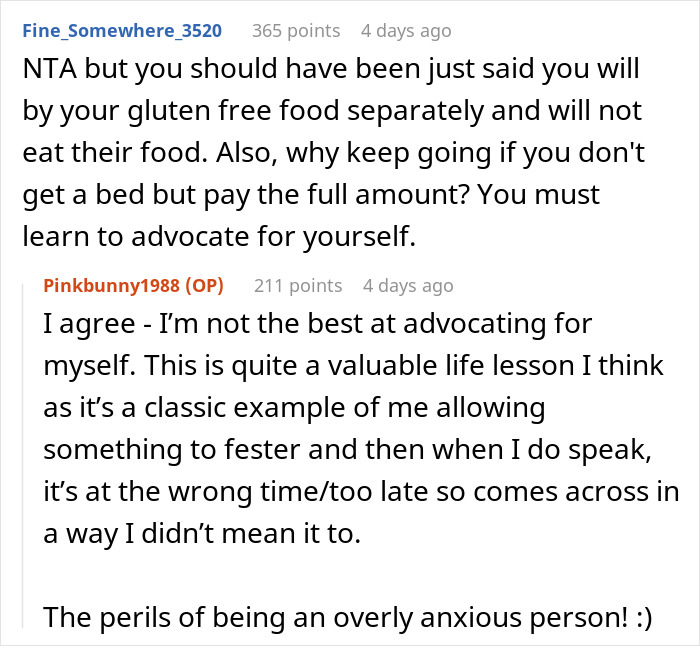

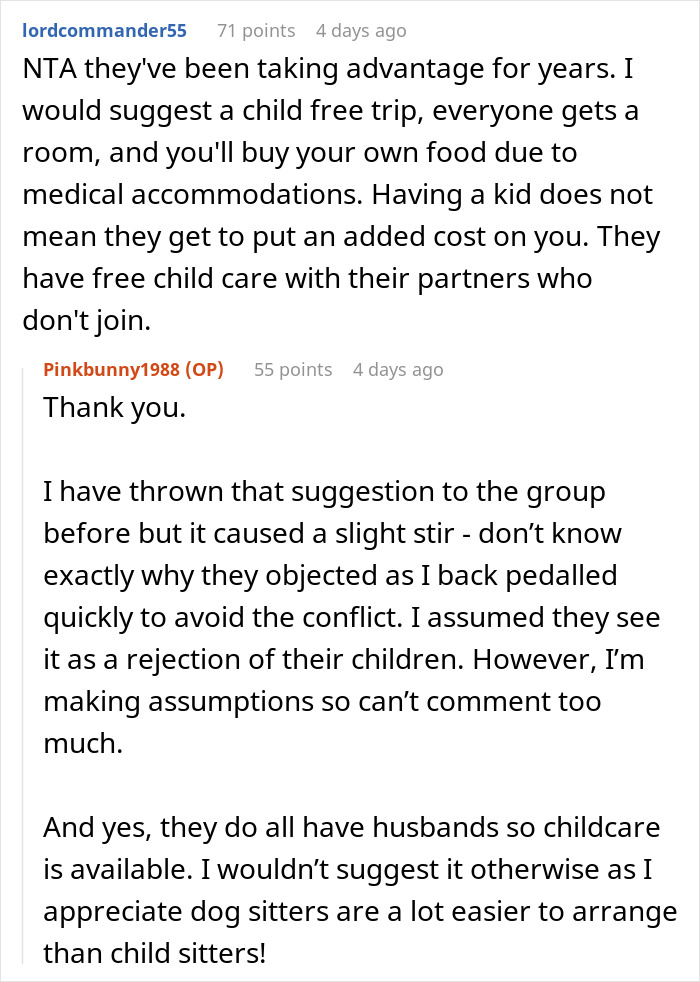



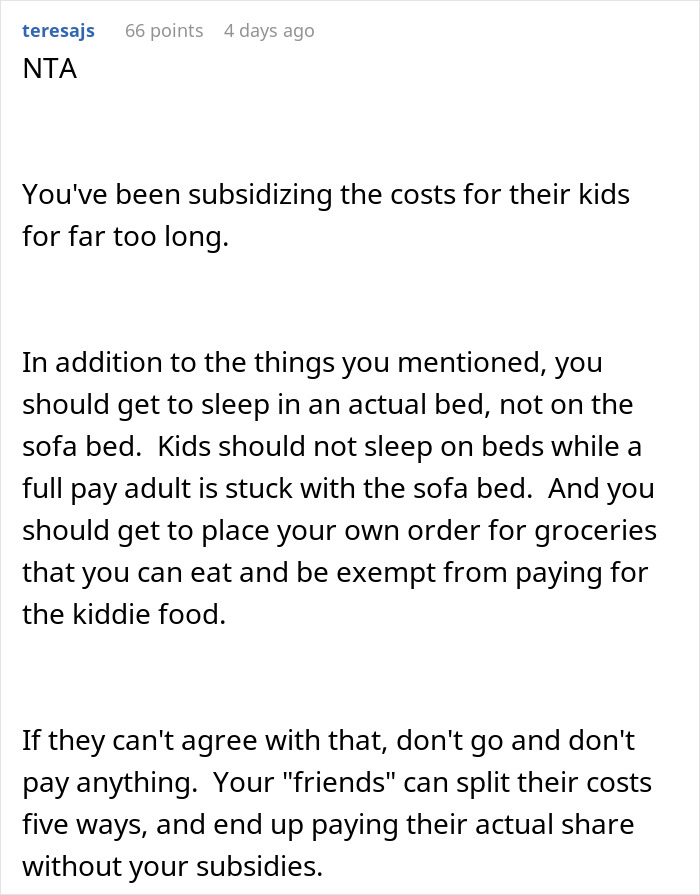



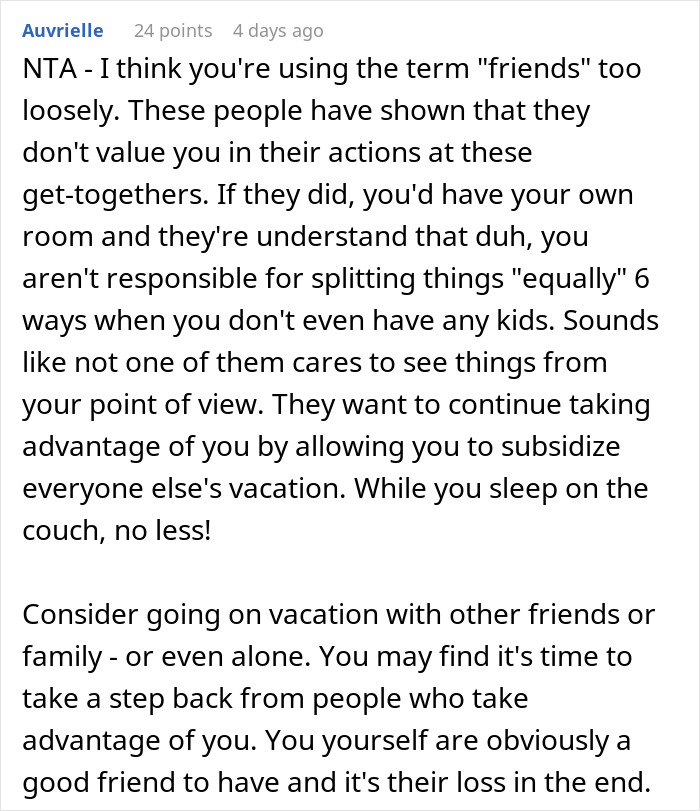
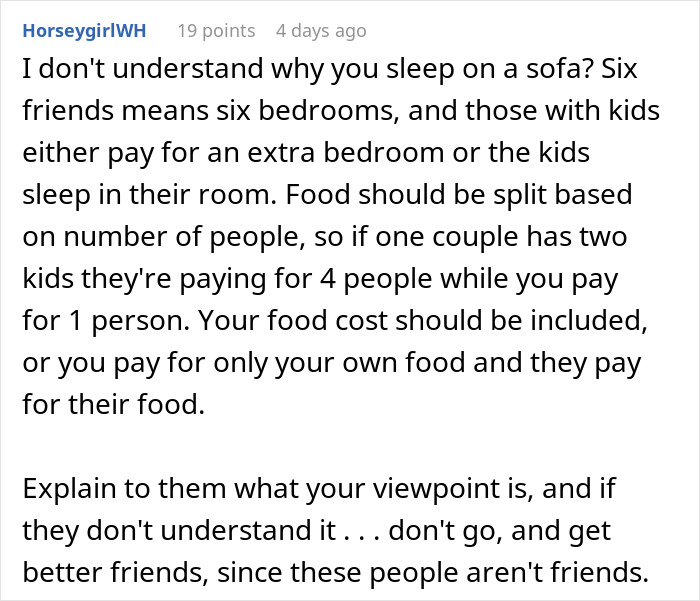




Thanks! Check out the results:You May LikeWoman Thinks It’s Not Fair To Split The Bill For Meal She Didn’t Eat, Gets A Reality CheckRugile Baltrunaite"Never Talked To Her Again": Woman Decides To Have Fake Wedding And Not Tell FiancéMantas KačerauskasMan Doesn’t Like Kids And Won’t Get Involved In Nephew’s Life, Doesn’t Get Why It’s WrongMantas Kačerauskas
Rugile Baltrunaite
Mantas Kačerauskas
Relationships